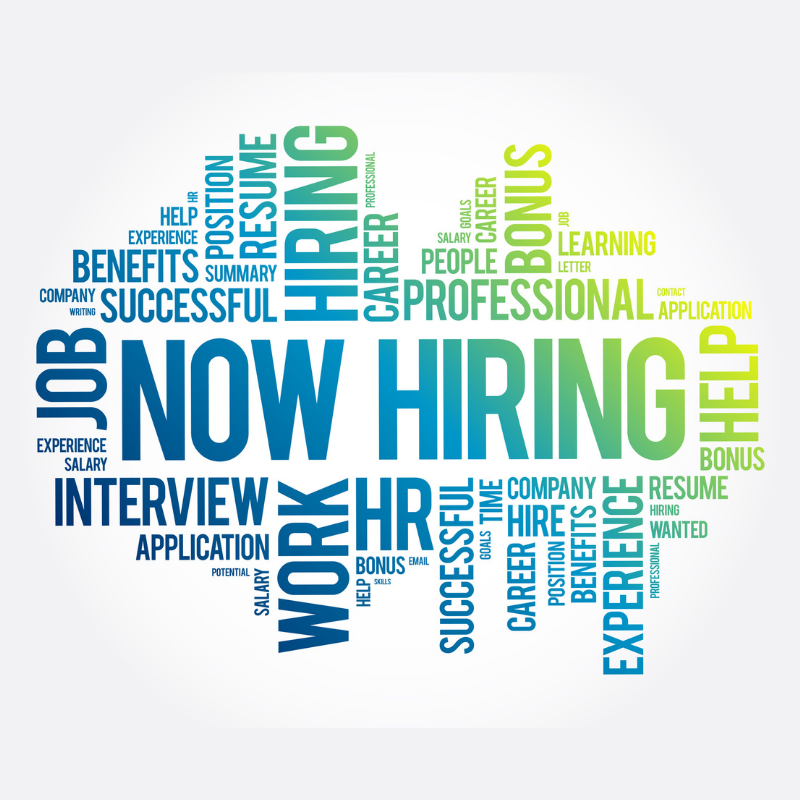What is the main barrier that is preventing employers from securing top talent?
This is the exact question that we at FutureYou asked employers in a recent LinkedIn poll, and the answers were rather revealing: no fewer than 30% of respondents said their interview processes were too long.
This is noteworthy for the fact that this answer wasn’t something beyond the control of respondents. It would’ve been far easier, and perhaps far more natural, to blame outside forces – market conditions, competitor activity and the like – but in a healthy case of self-reflection, employers looked inward.
And just as the main issue of failing to attract top talent lies within, so too does the fix.
Identify and understand the problem
Back when new jobs were seen as privileges, and when employers seemed to hold all the power, a business could perhaps get away with inefficient interviewing processes. But as the value of top talent increased, this balance of power has shifted, with the focus turning to talent attraction.
Now having multiple opportunities with potential employers, top talent no longer has patience for drawn out hiring processes. What’s more, such talent rarely stays on the market long enough to see long processes through and are quickly snapped up.
To be an attractive option to top talent simply isn’t enough. You also need to work efficiently and effectively. But how?
Get a sense of your current process
Knowledge is power. The first step in enhancing your interview process is gaining an understanding of that interview process. Ask yourself:
● How many stages is our interview process comprised of?
● How much value are we getting from each stage?
● How much value is the candidate getting from each stage?
● How long is the period between each interview?
● Who have we chosen to take part in the interviews?
● Do we regularly update and provide feedback to the candidates during the process?
● Do we test and assess early enough in the process if critical to the hiring decision?
Map out your interview process, describing the experience from both sides. Once you’ve painted a clear picture of the current realities, it’s time to identify improvements.
5 simple ways to enhance your interview process
Reduce the number of interviews: Is it truly necessary to hold three or more interviews? Your immediate answer is probably ‘yes’, but for most, the necessary analysis and information gathering can be distilled into just one interview or two and an informal meeting to ‘get to know each other’.
Reduce the time between interviews: Dedicate time to the hiring process, ensuring that it is always prioritised, and that it’s as efficient as it can possibly be.
Invite only those who need to be there: Who genuinely needs to meet with the candidate? Usually, it will only be those who will work directly with or above them, or who have a deep knowledge of the position that needs to be filled. Are they ‘talent magnets’ that will attract top talent to your organisation?
Showcase your EVP: The interview is also a sales pitch to top talent, so make sure you reveal your EVP during the interview process. Use it to give a candidate a sense of what your culture and people are like, and what makes you unique to stand out from the crowd.
Keep in contact with the candidate or recruitment partner: Perhaps the most common jobseeker complaint is lack of communication. Regularly update them on the process, even when there’s no real update to share and only conduct a formal interview process when the position has been signed off to hire.
Another incredibly effective way to enhance your interview process is to work with a team of experts. Specialising in executive recruitment, our team at FutureYou can offer advice and guidance on interview processes and best practice, helping you to secure better talent, more often.
Ready to up your interview game? Get in touch with our team today.









